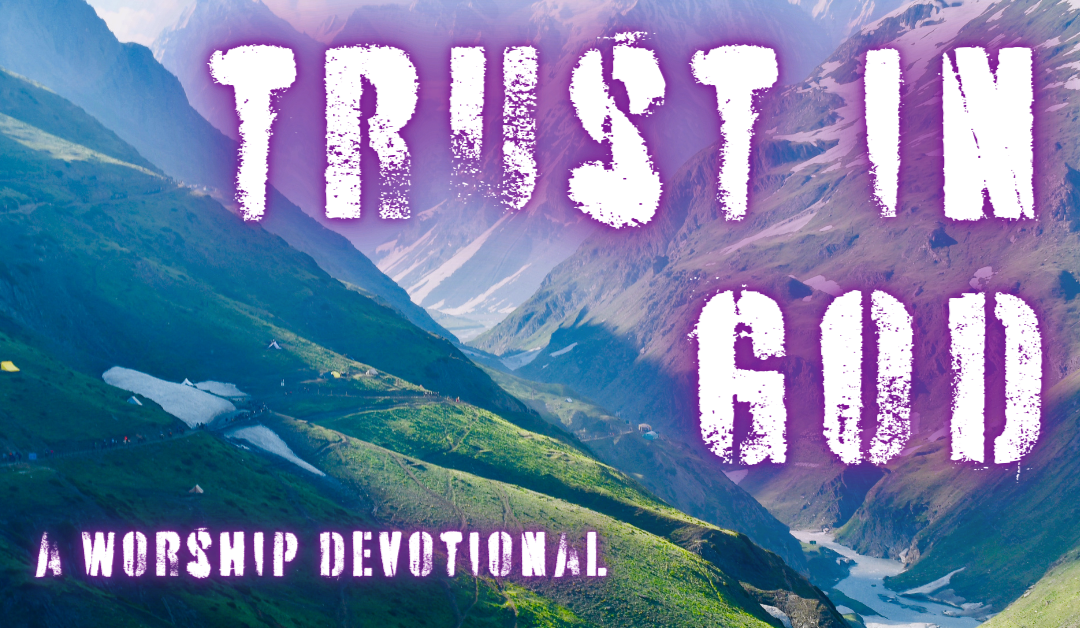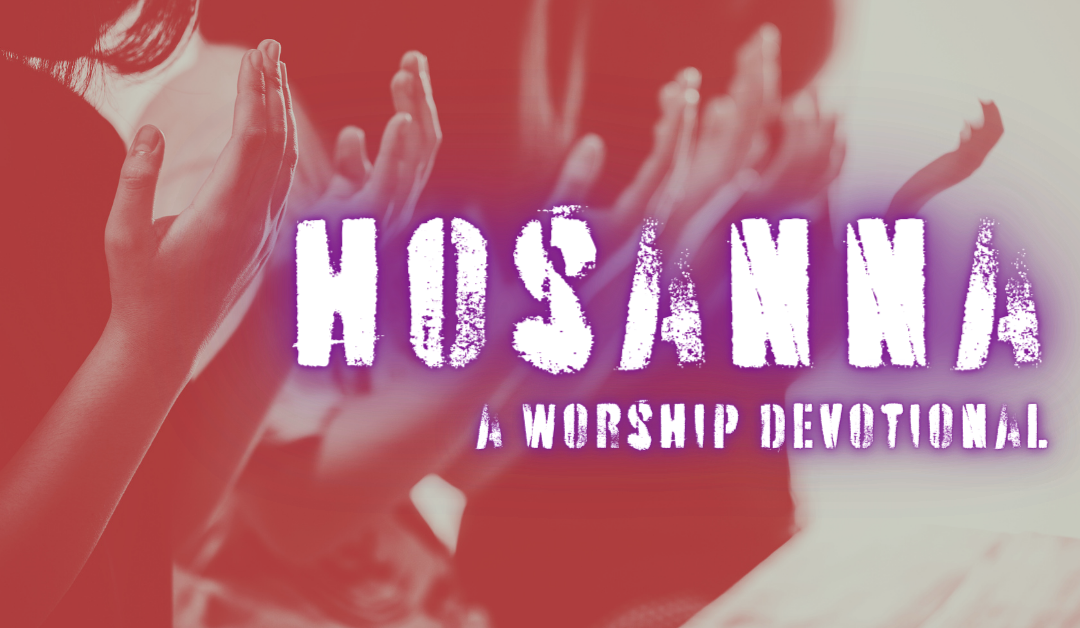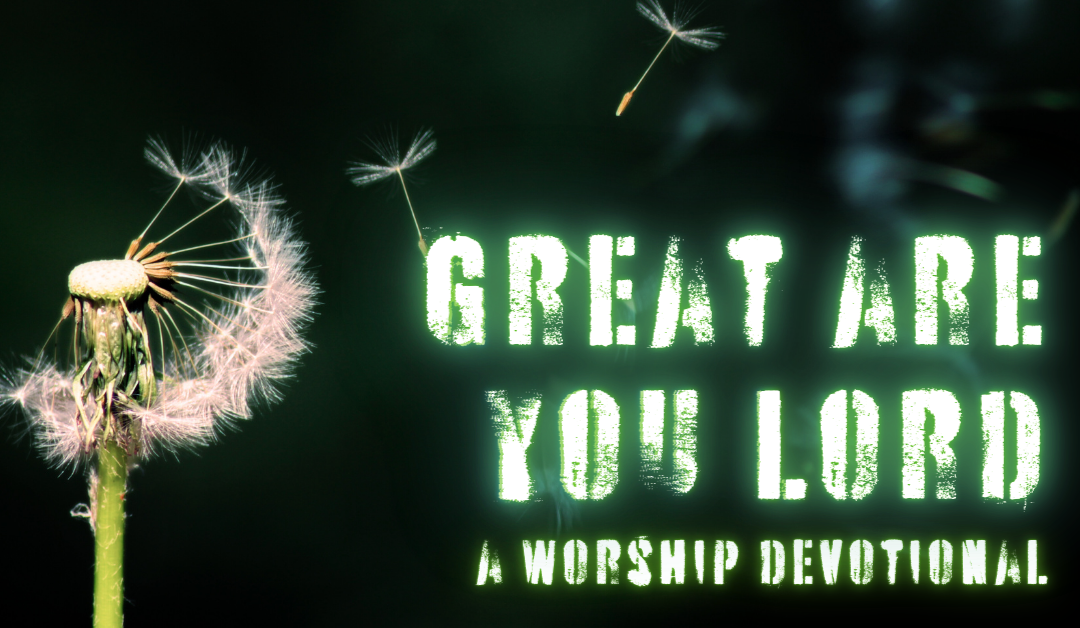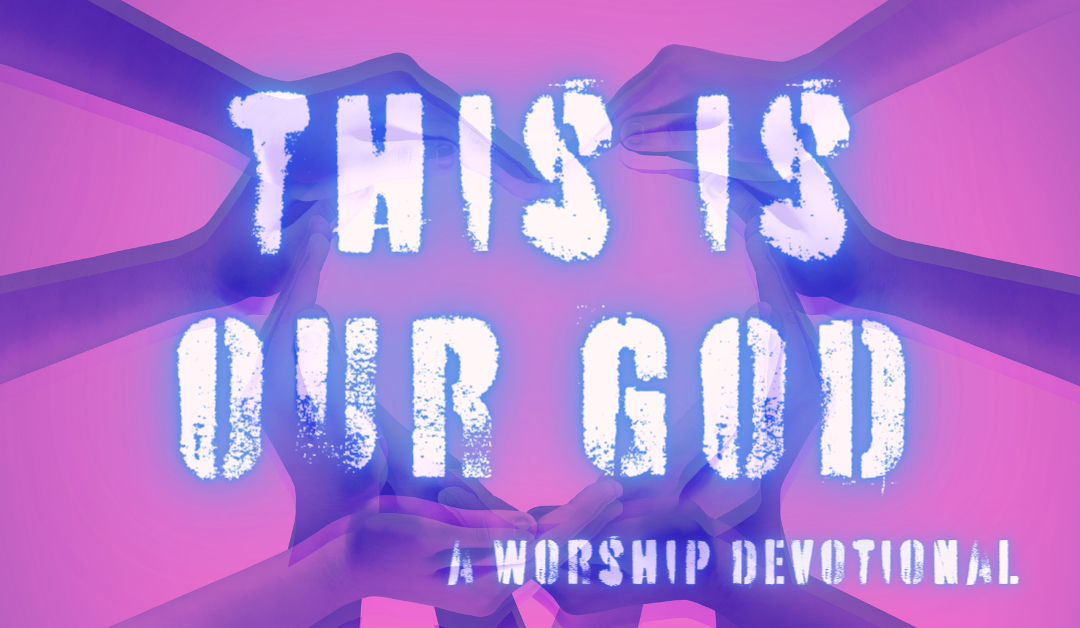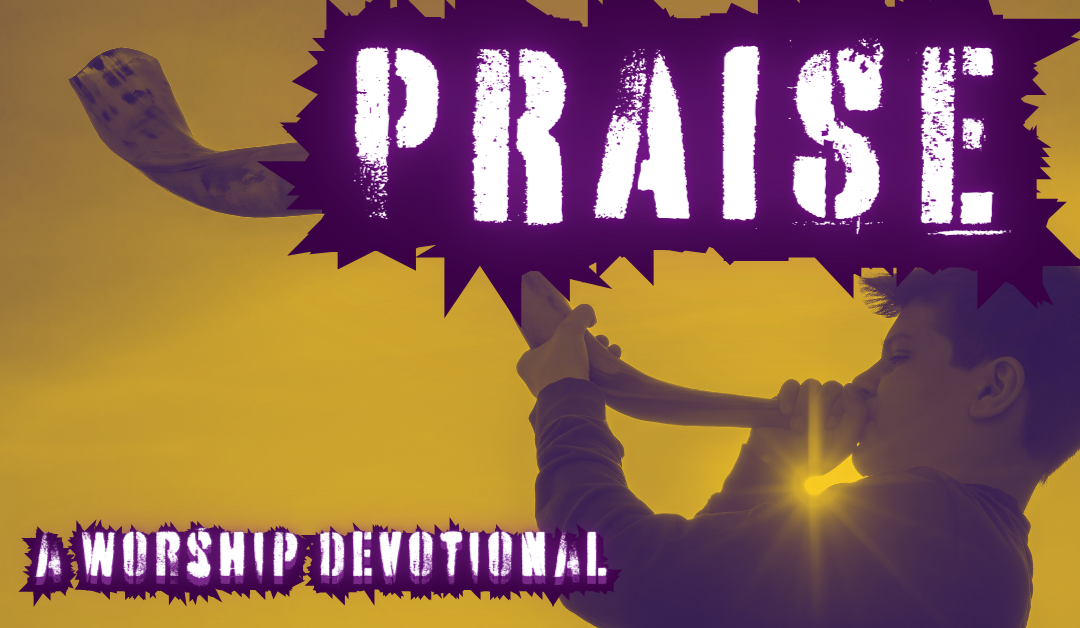
Praise: Sometimes It’s A Sacrifice
I’ll praise when outnumbered
Praise when surrounded
‘Cause praise is the water
My enemies drown in”
Praise, Elevation Worship
“15 Through Jesus, therefore, let us continually offer to God a sacrifice of praise—the fruit of lips that openly profess his name. 16 And do not forget to do good and to share with others, for with such sacrifices God is pleased.”
Hebrews 13:15-16: NIV
It used to be, in the Old Testament, that a sacrifice would inevitably cost something its life.
The first thing that comes to mind is the two Shofars sitting in my living room. I have one made from a Sabel horn, and another, made by a dear friend who has since passed on to be with the Lord, made from the horn of a seemingly large Kudu.
These are instruments of praise and warfare.
In Ancient times these horns would serve to sound a warning or signal an attack.
As a ritual instrument the Hebrew peoples used it to announce the New Moon, sound the Sabbath and celebrate the anointing of a king, It was a call to worship and rejoicing.
At Rosh Hashana every year the Shofar is sounded to call the Jewish people to spiritual reawakening and revival.
It is a powerful instrument with some very powerful connotations attached to it.
At the Sinai Revelation in Exodus 19 we read that the coming of the Lord was accompanied by thunder, lightning, fire and smoke – but also the loud blast of a trumpet that made the people tremble.
The Psalmist writes that God is enthroned, triumphantly, amidst the loud shouts of His people and the blasting of the trumpets. (Psalm 47).
And the trumpet – made from the horn of a ram – is the product of sacrifice.
A life was given for the worship to sound.
The Sacrifice of Jesus upon the Cross, much like the blowing of the shofar, is a call to worship.
We are called to worship Christ, not just by paying lip service, but by living a life worthy of the one He gave.
We are called to follow in kind by laying our lives down upon the altar of His love.
One of the definitions of sacrifice is to give up something valued for other considerations. We are called to give up the things we value and value Him above all else – give what He considers valuable priority in our lives.
This is what true worship is – it’s not a song or a reading on a Sunday morning – it goes far beyond. It is a lifestyle.
We have often made very arbitrary distinctions between praise and worship – but in a lot of cases they are the exact same thing. Praise is an expression of admiration, reverence, respect and gratitude towards another.
When the Shofar sounds it often sounds like crying or wailing.
Even in our darkest days we are called to worship. God is worthy of our praise and our adoration no matter what it is we are going through. And often this is where praise is a sacrifice.
When we worship God in our crying and our wailing – when in sorrow we turn to song instead of despondency.
We are often surrounded by situations and circumstances. We often feel outnumbered – overwhelmed – but in all these things, if we can adopt a posture of praise, we will see Jesus come in our situation.
I have suffered from clinical depression for a very long time, and on my bad days – when I don’t even feel like getting out of bed – the best thing I can do is grab my guitar and sing my love to the Lord. The best thing I can do is get up and go and love my neighbour – as the author of Hebrews says – to do good and share with others.
And when we do this, when we carry the light of our salvation out to others, we see the light of Christ shine all the brighter in our own lives.
The depression lifts. The darkness dissipates.
And this often feels like a sacrifice. What the carnal mind and body wants in that moment is a pity party. I want to wallow in it. I want to hide in my cave. I want to bewail my situation.
The last thing on my mind when something horrible happens is to praise God, much less to go do good to others.
But when we adopt the posture of praise even in our darkest days and make this sacrifice of praise we will see God enthroned amidst the loud shouts of our hearts and the sounding of the trumpets.
When we adopt this posture of perpetual praise we will see God enthroned amidst the loud shouts of our hearts and the sounding of the trumpets – and your bad days will seem less and less – as your focus shifts from staring into the abyss towards looking up towards and beholding the beauty of His grace.
God is worthy of our adoration and worship no matter how we are feeling – and when we make the sacrifice of praise, even in the midst of our misery, we will see God turning graves into gardens as He revives, reawakens and restores us.
Prayer: Lord, help me praise You in the storm today. Give me the wisdom to set my eyes upon You. Let me not look to the left, nor to the right. Do not let my feelings come between us, oh Lord, for You are worth more than my feelings – You deserve my praise and my love on my good days and my worst days. You deserve all of me – whether on the mountain or in the valley. Let me rejoice in hope even when I feel hopeless. Open the eyes of my heart Lord and help me see that there is no shadow of turning with You – you are unchanging and eternal – and though my feelings might be fickle, Your promises are trusted and true. You have promised to never leave me nor forsake me. Let me dwell in the house of the Lord forever, postured to praise, no matter what my situation might be – be enthroned in my life. In the Mighty Name of Jesus. Amen.

